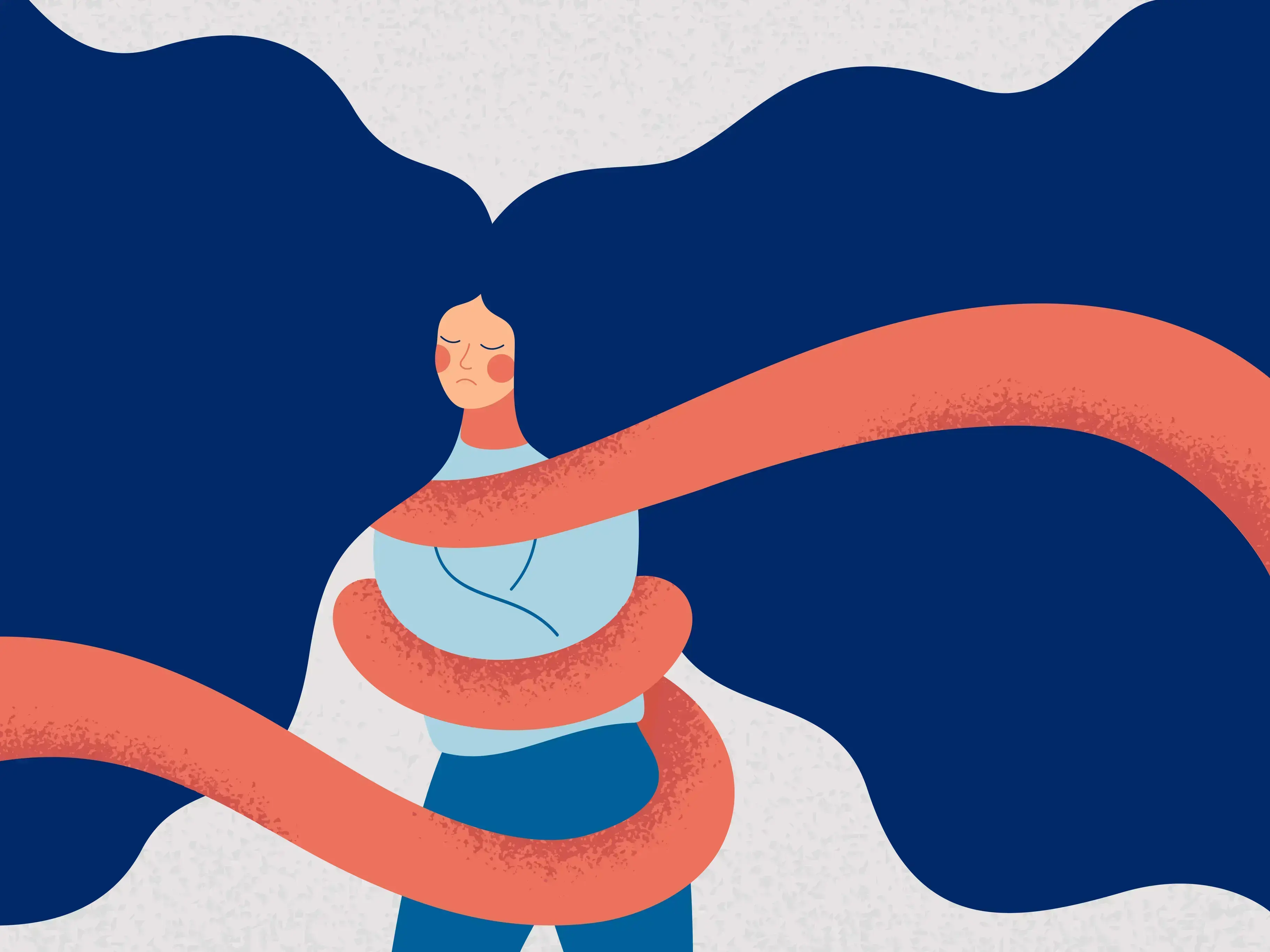Anxiety and depressive disorders are leading causes of disability in the world.1 Anxiety is a large problem on its own, and compounds the problems related to depression. In this workshop, two leading international speakers (Prof Guy Goodwin, UK and Prof Dan Stein, South Africa) discussed these two conditions and the relationships between them.
불안 장애와 우울 장애는 전 세계적인 주요 장애 요인으로 꼽힙니다.1 불안증은 그 자체만으로 심각한 문제이며, 우울증 관련 문제를 더 악화시키기도 합니다. 이번 워크숍에서는 가이 굿윈(Guy Goodwin, 영국) 교수와 댄 스타인(Dan Stein, 남아프리카공화국) 교수가 발표자로 나서 불안 장애와 우울 장애, 그리고 두 질환 간의 관계에 대해 논의했습니다.
Anxiety and its treatment
불안증과 치료법
Generalized Anxiety Disorder (GAD) is obviously associated with excessive anxiety and worries, but also with physical symptoms. Patients therefore often present in primary care with a variety of symptoms such as fatigue or lack of concentration, making the diagnosis less clear. GAD is highly comorbid with depression, as well as other conditions. The onset of GAD also often precedes that of depression, so treating anxiety at an early stage may help prevent the development of depression.2 Common pharmacological interventions are associated with increased quality of life in patients with GAD, as well as symptom reductions. Psychoeducation can also be combined with pharmacotherapy to enhance these results.3 These treatment strategies are reflected in treatment guidelines.4
범불안장애(GAD)는 말 그대로 극심한 불안 및 염려와 관련된 동시에 신체 증상까지 동반하는 질환입니다. 따라서 범불안장애 환자는 피로나 집중력 결여 등 다양한 증상으로 1차 진료를 받는 경우가 많아 진단이 명확하지 않을 때가 있습니다. 범불안장애는 우울증과 기타 질환을 동반할 가능성이 높습니다. 또한 범불안장애는 우울증에 앞서 발현되는 경우가 많으므로 불안증을 조기에 치료하면 우울증 발병을 예방할 수도 있습니다.2 일반적으로 약물 중재 치료는 범불안장애 환자의 삶의 질 향상과 증상 완화에 도움이 됩니다. 또한 심리 교육과 약물 요법을 병행하여 치료 효과를 개선할 수도 있습니다.3 이처럼 다양한 치료 전략이 치료 가이드라인에 반영되어 있습니다.4
Anxiety and depression
불안증과 우울증
The association between anxiety and depression has been demonstrated in twin studies, showing a strong association of genetic factors between depression and anxiety.5 However, there has traditionally been a hierarchy in the two diagnoses, in which depression is considered the more important condition. Thus, controversially in the DSM 5, there are no references to anxiety in the diagnostic criteria for major depressive disorder – there is only the specifier of anxious depression. This means there may be little attention to the presence of anxiety in patients with depression, an omission that is reflected in the lack of treatment guidelines specifically for anxious depression.
불안증과 우울증의 관계는 다양한 쌍둥이 연구를 통해 규명해왔으며, 두 질환 간에 강력한 유전적 요인 연관성이 있음을 보여줍니다.5 다만, 그동안 불안증과 우울증 간에는 계층 구조가 존재해 왔습니다. 즉, 우울증을 더 중대한 질환으로 보는 것입니다. 이에 따라 논쟁적이기는 하나 정신질환 진단 및 통계 메뉴얼 DSM 5에 명시된 주요우울장애 진단 기준에 불안증은 없고 불안 우울증의 세부 진단(specifier)만 존재합니다. 이는 곧 우울증 환자의 불안증을 주의 깊게 살펴보지 않는다는 것을 의미하며, 이러한 진단 누락으로 인해 불안 우울증에 대한 세부적인 치료 가이드라인이 부족하게 됩니다.
The hierarchy of diagnosis may mean less attention is paid to anxiety in patients with depression
진단의 계층 구조는 곧 우울증 환자의 불안증을 제대로 파악하지 못함을 의미합니다
Is treatment of depression also treatment of anxiety?
우울증 치료로 불안증까지 치료할 수 있는가?
In clinical practice, treatment of depression also produces reductions in patients’ symptoms of anxiety.6 However, in the absence of a formal diagnosis of anxious depression, information is lacking on how patients with symptoms of both anxiety and depression may differ in their response to treatment from those with depression only. In the future, it will be important that clinicians screen for the presence of anxiety in patients with major depressive disorder, both to ascertain the scale of anxious depression and to assess its response to treatment.
임상 진료에서 우울증 치료는 환자의 불안 증상까지 완화하는 효과가 있습니다.6 그러나 불안 우울증의 정식 진단이 부재한 현 상황에서, 불안 및 우울 증상이 동시에 발현된 환자와 우울증만 있는 환자를 비교할 때 치료에 대한 반응이 어떤 차이를 보일지에 관한 정보가 부족합니다. 앞으로는 의료진이 주요우울장애 환자의 불안증을 검사하여 불안 우울증의 척도를 파악하고 치료 반응도를 평가해 나가는 것이 중요합니다.
In patients with depression and anxiety, antidepressant therapy typically also relieves their symptoms of anxiety
일반적으로 항우울제 치료는 우울증과 불안증을 모두 겪는 환자의 불안 증상도 완화시켜 줍니다
Supported by Educational Financial Support from Servier.
Our correspondent’s highlights from the symposium are meant as a fair representation of the scientific content presented. The views and opinions expressed on this page do not necessarily reflect those of Lundbeck.




